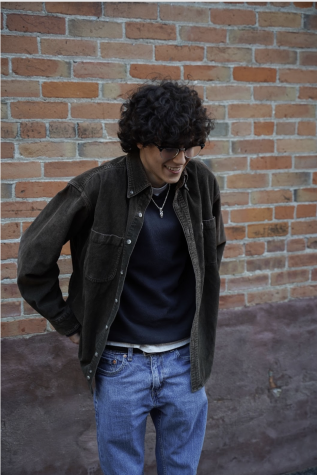On Jan. 21 another shooting shook Los Angeles County during Lunar New Year celebrations. Twenty people were shot, 11 of them passing away in the devastating aftermath.
In the United States, Lunar New Year festivities are celebrated by individuals of East Asian descent and are especially prominent in areas with high densities of East Asian residents. This shooting not only highlighted the United States’s mass shooting crisis once again, but also the issues with live coverage of events.
On the day of the shooting, people and news outlets speculated that this was a racially motivated attack. As reports of the events were released, a 70-year-old Asian man was identified as the perpetrator of the attack, invalidating the initial hypothesis made regarding the race and motive of the shooter.
It is often assumed that shooters in mass shootings are white men. It is understandable that the public would come up with uninformed assumptions, but for news sources to make baseless claims without seeking proper information is not permissible.
Current journalist for WQAD Jenna Webster commented on the pressure made by the public on newsrooms. “I think this is a result of the immediacy of social media. When breaking news happens, there tends to be a lot of talk about it on social media: speculation, people sharing what they think happened or wanting to know what happened,” she expressed. “I think that puts pressure on news outlets to have all the information right away, when a lot of times, it’s going to take time to find out all the facts or even the early facts about something.”
News outlets habitually form baseless conclusions in the pursuit of being the first to break a story to their viewers, creating a vicious cycle of unethical news broadcasting.
The tragic events of Jan. 21 are not the first instance of live media relaying false information to the public.
On April 15, 2013 two terrorists planted homemade pressure cooker bombs in the crowd watching the Boston Marathon, killing three and injuring 260 others. News outlets like CNN and Fox News reported that a dark-skinned male had been arrested for the bombing. However, after CNN and Fox discussed the arrest for another hour, they were forced to retract their statements. The sites had been reporting inaccurate information, as the man had not been arrested nor was he a suspected terrorist.
The media had presented the man in a specific way to garner the most attention. It was not the first time they did this.
In a pattern of wrongful accusations that ensued in the following days, that man was one of many falsely accused suspects after the Boston bombings. Sunil Tripathi, a 22 year old student of Indian descent had gone missing in March 2013. In order to help find him, his family used online platforms to spread awareness about their missing son.
News stations like Politico, NBC, and others reported that Tripathi was one of the suspects in the bombing. Tripathi went from a missing persons case to a suspected bombing suspect.
It is speculated that the wrongful accusations had adverse effects on Tripathi’s mental health, possibly leading to his suicide in April 2013. Similar to the previous suspect, Tripathi had no relation to the bombing, but live coverage and the thirst to be first ruined his life forever.
Live coverage reporters often have ulterior motives while conducting research, such as presenting sensational, ‘breaking” news for greater viewership, or reporting first on topics. This leads to poor judgment calls and a lack of fact-checking from news publications before transmitting information to the public. Importance is given to timeliness rather than validity while relaying information to the public.
At Pleasant Valley, Beth Marsoun, the Communications Director and Foundation Board Secretary, had previously worked at KWQC as News Director and Executive Producer. As someone who had worked in the industry for multiple years she had some insight in the changes of journalism and news, echoing some of Webster’s points.
“In the world of the 24 hour news networks and now social media, where literally every second is a deadline, people are trying to break stories and want to be the first to say they did something,” she stated. “I think because of that cycle, that we consumers have created, we have created a place for journalists to take advantage of that and not think things through all the way they make the decision to publish.”
Though breaking news is seen as the best way of connecting audiences with events, the authenticity that comes from reporters’ real time proximity to events is hindered by the pressure on media companies to be the first.
Catchy headlines have replaced credible sources and up to date facts.
As information and events that are important for the public to know have increased in occurrence, it is more pertinent than ever for media coverage to shift its focus away from capturing viewership and back to its original purpose: delivering accurate news to the public.









